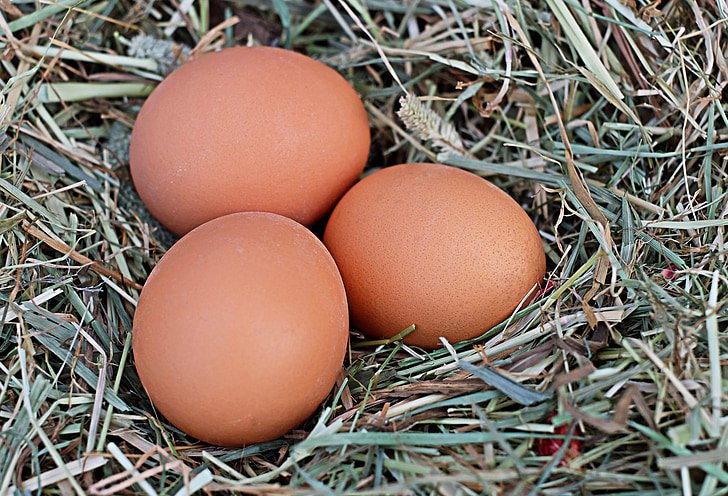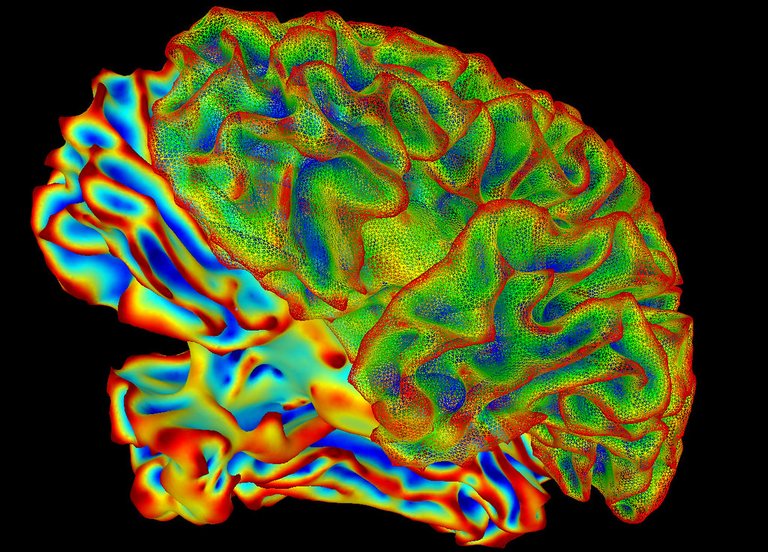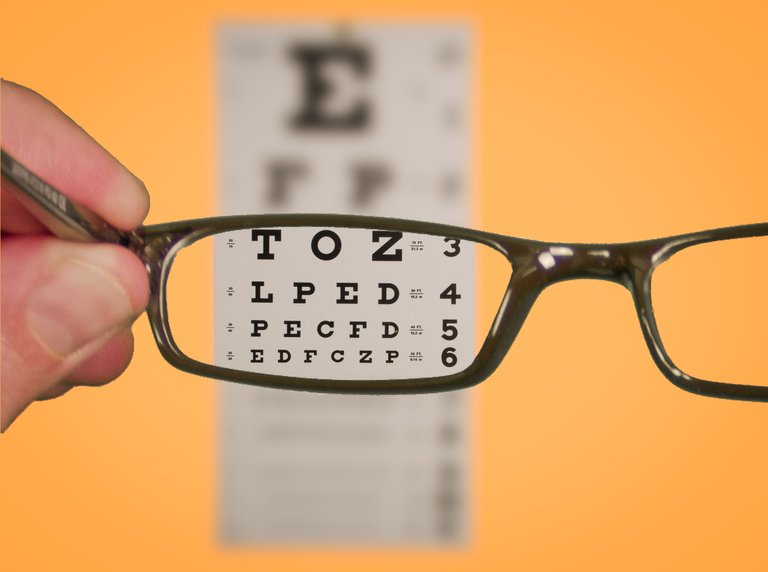Is Eating More than One Egg Bad For You?
If you are in this part of the world, you must have been told that doctors recommends 1 Egg per day, so when a person takes two, they are criticized heavily with words like "not been concerned about ones health" or just being wasteful since the other would not work. In this post we will be taking a quick look at Egg, and if it is risky or beneficial to have more than one.
Asides being a fast food to prepare, Eggs are known for their profound health benefits one of which is being a source of Choline which is a nutrient important for enhancing brain development and health. In some countries, this nutrient is given as in tablet with Citicoline which is used to treat conditions such as stroke, head trauma, and Alzheimer's disease in certain countries as a prescription drug, while in countries like the United States, it is sold over-the-counter as a diatery supplement.
In the brain, choline combines with Acetate to become Acetylcholine which is then released by neuro and binds to receptor which is responsible for sending signals to receptors in muscle tissues triggering the muscles to contract. It is also imvitportant in other brain development and health such as with memories where it helps the brain form new memories and to recall old memories. Acetylcholine does lots more including slowing heart rate, pupil constriction, increasing digestion, and stimulate saliva production.
When enough choline isn't available in the body, the production of acetylcholine is disrupted which in turn affects the communication of the brain neurons leading to cognitive decline, muscle twitching and inability to recollect memories. Asides from this, Choline is also important in mood regulation as it is a key factor in creating neurotrasmitter dopamine, and Serotonin which when not present can lead to anxiety mood swing, feeling of being down and depression.
When you think choline is done with its job, you then realize that it is important in preventing fatty livers as it helps transport triglyceride out of the liver. Still on Choline, it is very important in the brain development of neonates, also during breastfeeding, choline is important for brain development in children and for preventing abnormal function of the brain.
Now this is where the One egg daily comes in, being that it is crucial for a person to eat at least one egg daily as a result of these important especially children and aged but then, the recommended intake of choline for adults is 550mg daily. Two eggs contain 300mg of choline, and 4oz of Beef liver contains 475mg of choline but people will not complain when a person is eating as many livers as they want because there have been no media talk on it. That's not all, other things that contain choline includes Salmon (4oz containing 180mg ), and Brocolli contains choline.
Asides choline, Eggs help with eye health as it contains vitamin A, lutein, zeaxanthin, and zinc. Lutein and Zeaxanthin are pigments found in the retina which prevents the eye from visual problems like macular degeneration as it prevents lights such as blue light from penetrating deeper into the eye thereby causing damage to the eye. The damage of too many cells in the eye can lead to problems in the eye like blurry central vision, dry eyes, and other eye related problem.
With egg being one of the few natural sources of vitamin D, it helps to promote bone health as it helps the body to absorb calcium and release them into the bloodstream. Low calcium would mean that thev body would have to get its calcium from bones. Now, talking about proteins and Amino acids, eggs help to produce proteins that are important in building muscles walls which makes the muscles stronger and tougher. You see, other vitamins and minerals present in Egg includes, vitamin E, vitamin K, vitamin B12, folate, phosphorus, iron, Omega 3, and Selenium.
The way you eat your Egg determines how much nutrient you would get and its effect on the body. Hard boiled eggs are said to lose 61% of vitamin D, while soft boiled eggs will lose vitamin D up to 20%. Scrambling is better when trying not to lose vitamin D, frying can increase the chalories and fat content of the egg, and high heat frying can cause cholesterol oxidation product which can lead to inflammation, plague in the arteries and cell damages. The best method is seen to be the poached method as minimal vitamin and nutrients are lost, but you determine which is best for you. Also, from what you have read, you see that eating more than one egg isn't bad for you it is just a recommended minimum.
TO READ MORE
https://www.ncbi.nlm.nih.gov/pmc/articles/PMC6893749/
https://my.clevelandclinic.org/health/articles/24568-acetylcholine-ach
https://www.ncbi.nlm.nih.gov/books/NBK557825/
https://www.hsph.harvard.edu/nutritionsource/choline/
https://pubmed.ncbi.nlm.nih.gov/30914217/
https://www.healthline.com/health/eye-health/best-foods-for-eyes
https://pubmed.ncbi.nlm.nih.gov/24114770/
https://www.internationalegg.com/resource/eggs-a-great-natural-source-of-vitamin-d/
https://www.webmd.com/diet/health-benefits-boiled-eggs
https://www.ncbi.nlm.nih.gov/pmc/articles/PMC8719756/
https://www.researchgate.net/publication/258828148




It is the look on my mum's face anytime I eat more than one boiled egg but she doesn't mind if I fry more than one and it is very funny because I usually question her about her reasons and would tell me that doctors say one egg per day, and would end it with "are you not in the health sector, should I be telling you this?" all I'll do is chuckle and leave with my eggs because you will not win the debate with her. :)
Thanks for your contribution to the STEMsocial community. Feel free to join us on discord to get to know the rest of us!
Please consider delegating to the @stemsocial account (85% of the curation rewards are returned).
Thanks for including @stemsocial as a beneficiary, which gives you stronger support.